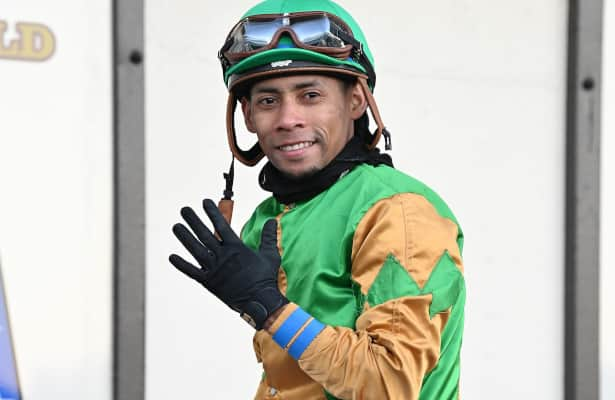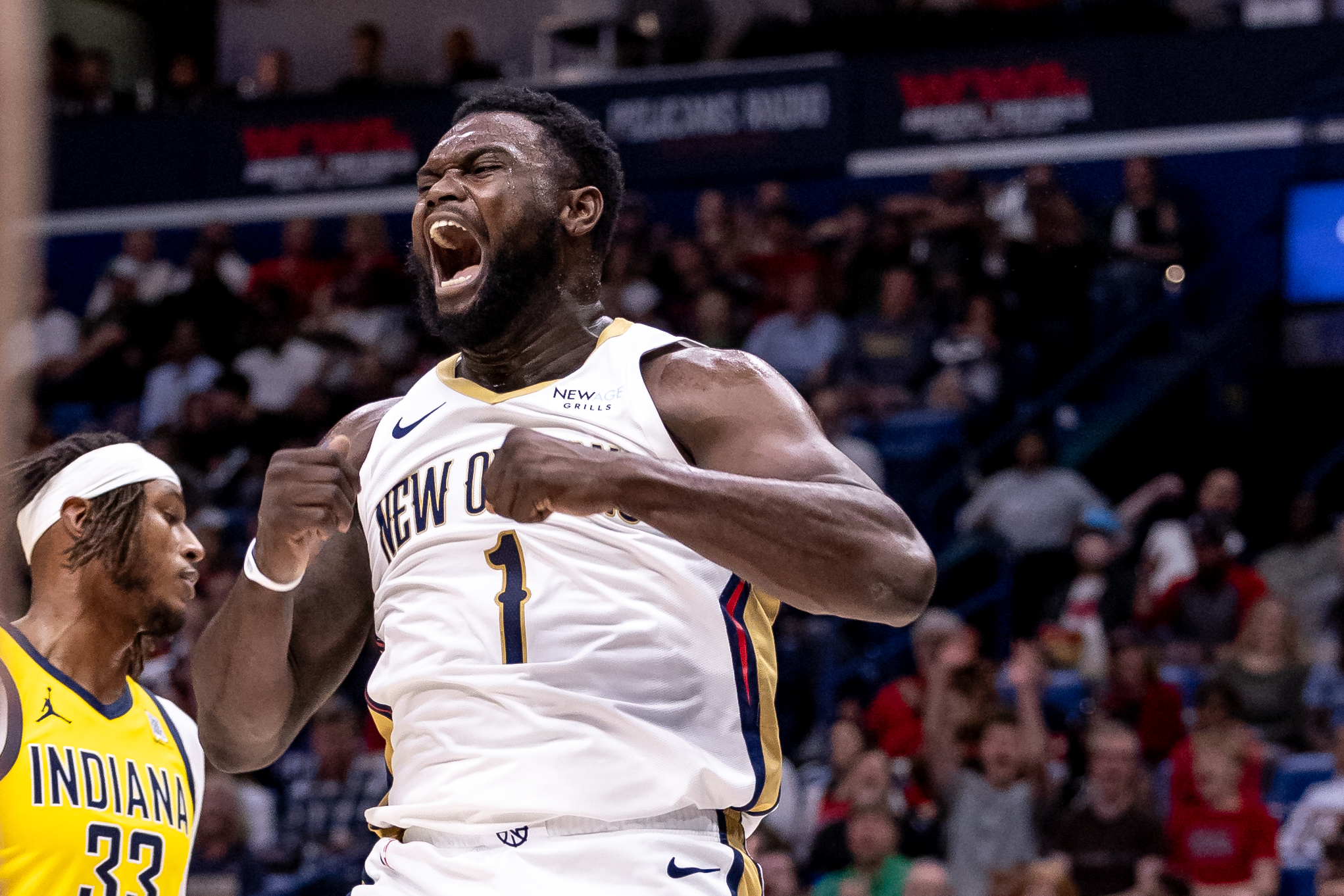Sports
Yankees’ money for nothing stars disappear at worst possible time

The advantages the Yankees have over the Royals are plentiful, notably how plentiful they are.
They have a payroll roughly three times larger than Kansas City’s. But it leaves the Yankees top-heavy. Thus, if their most moneyed men are not going to rise in October, then they are playing on a more even field with the Royals.
And, indeed, they are now playing on an even field in this Division Series, tied one game apiece.
In Game 1, the Yankees overcame that their highest-paid pitcher, Gerrit Cole, and highest-paid player, Aaron Judge, were not good. The Royals, though, walked enough batters, the Yankee chorus members rose up and the instant replay review system really helped the home team.
In Game 2, the Yankees asked Carlos Rodon to pitch like the best-paid No. 2 starter in the sport and he was not up to his salary or the moment. Judge struggled more, and so did Juan Soto this time.
And in this morass of money for nothing, the Yankees fell meekly 4-2 to open a door they certainly did not want to even nudge ajar — of failed Octobers past. They have lost the home-field edge and the starting advantage for Game 3 shifts strongly to Seth Lugo over Clarke Schmidt.
On Sept. 10, Lugo had the best start in 2024 against the Yankees by Baseball Reference’s game score: seven shutout innings on three hits with no walks and 10 strikeouts. That was in The Bronx. Wednesday will be at Kauffman Stadium, where the Yankees will feel not just an opposing crowd that hasn’t seen a playoff game since 2015, but the weight of their own short-circuited postseasons since last winning it all in 2009.
That postseason A.J. Burnett started five times and had two clunkers, but three huge Game 2 performances in Yankee victories; notably winning World Series Game 2 after the Yanks dropped the opener to the Phillies at home.
I mention Burnett because Rodon from the moment he was signed to a six-year, $162 million free-agent deal conjured a lefty Burnett — great stuff, but real questions if he was overly emotional and could he handle New York. Burnett was the type who could be overpowering, yet you looked at the scoreboard and somehow he had allowed five runs in five innings.
Rodon had that kind of Game 2. He came out breathing fire — with his fastball and emotions. He struck out the side on 10 pitches in the first inning and whooped it up like he was auditioning for the WWE.
Follow The Post’s coverage of the Yankees in the postseason:
He threw a first-pitch strike to the first 10 batters he faced and got ahead 0-2 on half of them. And then he threw Ball 1 to six of the final eight hitters he faced — and was behind every one at some points. Salvador Perez opened the fourth inning by crushing a 2-0 pitch for his fourth career homer off Rodon.
Rodon made inroads this year with pitchability and losing control — of his pitches and emotions. So this was a reversion in which it seemed again that Rodon could take a deep breath at a big moment and recalibrate. Instead, he was a marathoner who went out too fast — his energy and concentration sapped. In the next five batters, he was classic Rodon — three hits, two strikeouts and a stolen base. He was done after 3 ²/₃ innings and four runs — seven hits and seven strikeouts. He was good enough to be great and bad enough not to have endurance or success.
“Stuff-wise he was excellent tonight, but then all of a sudden just a little scattered there,” Aaron Boone said. That sounded like it could be on Rodon’s business card.
And, remember, if it gets there, Rodon is scheduled to start a decisive Game 5.
Rodon was a culprit — but not alone. The Yankees lost Game 2 despite drawing five walks in the first five innings, including three to lead off frames, striking out 15 Royals in all and getting 5 ¹/₃ shutout relief innings after receiving four in Game 1.
Judge came up with two on and no outs in a scoreless first inning for the second straight game and, thus, with a chance to instantly nudge the Royals toward thinking they did not belong in the same ballpark as the Yankees. Instead, he struck out both times. He has whiffed in 33.8 percent of his postseason plate appearances — the second most for anyone with 200 plate appearances.
Soto walked, but struck out twice. Giancarlo Stanton, another big-moneyed Yankee, smashed an RBI grounder off of shortstop Bobby Witt’s Jr.’s glove to give the Yankees a 1-0 lead in the third before Rodon crumbled in the fourth. Stanton, though, continues to run as if he is carrying the weight of recent Yankee playoff failures on his back.
And the Yanks made the least from the most — going 2-for-20 with men on base. Showing again that when one of their big guys does not park a homer or two that their offense is hardly menacing.
Now, this Division Series moves to the Midwest. Will the Yankees’ big-star, big-salaried players show up to save their season?










